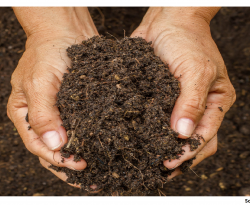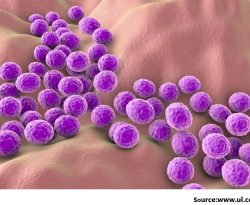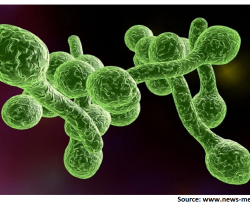Global Biogeography and Projection Of Soil Antibiotic Resistance Genes
It is a known fact that antibiotic resistance (ABR) is a multisectoral problem and to tackle it the approach also should be in multi directions which can be called a ‘one health’ approach. A systematic analysis has estimated that in 2019 globally around 4.95 million people lost their lives because…













